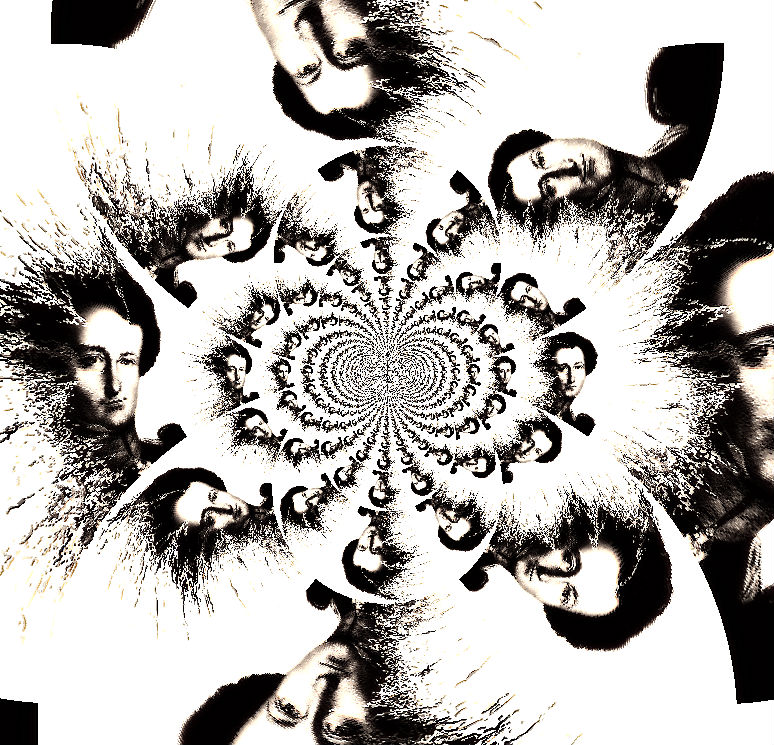
At Small Wars Journal a provocative essay by Col. Dale C. Eikmeier:
Give Carl von Clausewitz and the Center of Gravity a Divorce
….Because we love Carl von Clausewitz and the center of gravity concept, we need to grant them a divorce- for our sake. We tried for years to make it work, but it’s time to face reality, together they are just too abstract and confusing for us to embrace.
The center of gravity concept, a mainstay of the US military “operational art” since 1986[1], has never fully satisfied doctrine’s intent. According to Dr. Alex Ryan, a former School of Advanced Military Studies instructor, the concept is, “so abstract to be meaningless”[2] Now if a ‘mainstay’ is so ‘abstract’ that subject matter experts declare it ‘meaningless’ we have a doctrinal problem. The genesis of this problem is a doctrinal foundation built on dubious authorship and editing, underdeveloped theory, imprecise metaphors, and flawed translations. [3] This Clausewitzian foundation, which was never very solid, is now collapsing under the weight of 21st century warfare. For this reason it’s time to end our reliance on Clausewitz’s On War as the authority on the center of gravity concept.
….Crack Four. Another problem is flawed translations. Clausewitz never used the term “center of gravity”, or in German, “Gravitationspunkt”, he used the word schwerpunkt, which means weight of focus or point of effort which is different from center of gravity, hubs or sources of power. [9] But it is easy to understand how an English translator when picturing this point of effort could think of a center of gravity which further illustrates the danger of metaphors. Milan Vigo in Joint Operational Warfare Theory and Practice provides a detailed analysis of the evolution of schwerpunkt from focus of effort to center of gravity which is summarized below:[10]
- Schwerpunkt – main weight or focus or one’s efforts.
- Mid 19th century, schwerpunkt is associated with an enemy’s capital as the point of focus. Germans and Austrians used the word schwerpunktlinie to mean a line of main weight or effort that links one’s base of operations to the enemy’s capital. This is where the schwerpunkt as ‘the target’ understanding comes from.
- Late 19th century it comes to mean a section of the front where the bulk of one’s forces are employed to reach a decision. Schwerpunkt is now the ‘arrow’ not the target. This is a subtle shift from the point of focus on a target, to the arrow or what is focused. Count Alfred von Schlieffen and German military practice used the ‘arrow’ understanding up to WW II.
- Colonel J.J. Graham’s 1874 English language translation of On War mistranslated Schwerpunkt as “center of gravity”[11]
- Post World War I German military progressively adds a new meaning using schwerpunkt to mean the focus of planning efforts. This is a natural evolution of the late 19th century hybrid of ‘the arrow’ and the ‘target’ understandings.
- The Bundeswehr (German Army) now uses the English term “center of gravity” while the Austrian Army uses the German term “Gravitationspunkt” which translates to “center of gravity”.
Hence, English translators took Clausewitz’s “schwerpunkt”, ‘the target or point of focus’ meaning mistranslated it into center of gravity which morphed into the source of power or ‘the arrow’ meaning.
I’m not understanding Eikmeier’s hostility to the employment of metaphor as a device for learning as it is a conceptual bridge for understanding without which human society would not have made much progress. Yes, metaphors can be misunderstood or abused but so can just about everything else. Most important ideas were either understood by or are most easily explained by metaphor and analogy.
“Center of gravity” in Clausewitzian theory is often misunderstood by non-experts or incorrectly identified in the enemy in practice in the midst of a war, but the same can be said of many other valuable concepts. Ask people to explain “gravity” itself and see how precisely scientific an explanation you receive, but that hardly means we should abandon the concept.
Regarding translation from On War, Eikmeier may have a more valid point but I am not qualified to assess it. I have a fair grasp of the political-historical context but not the linguistic and cultural nuances of early 19th century German language expression. Maybe Seydlitz89 will care to weigh in here?


